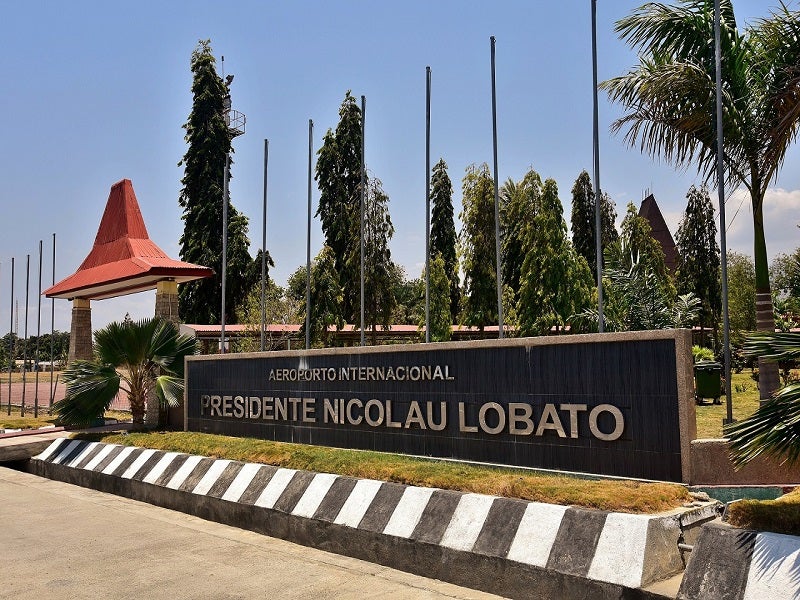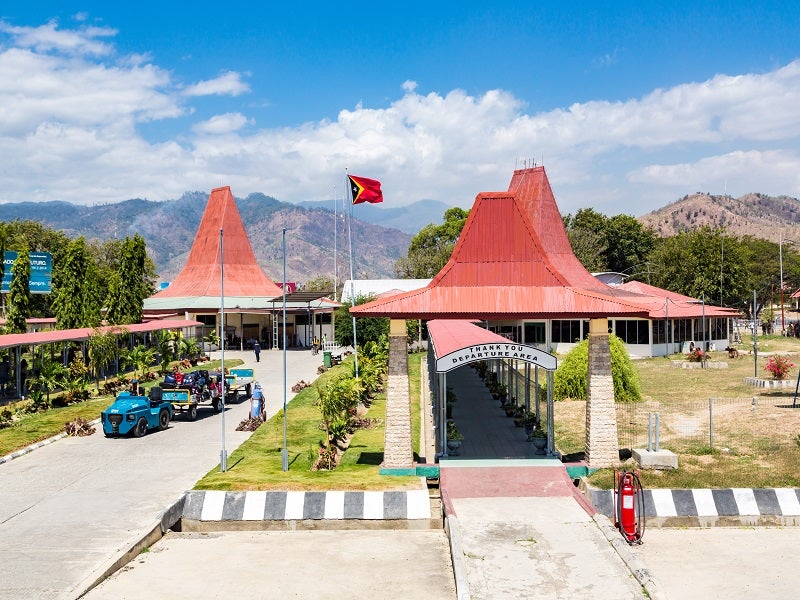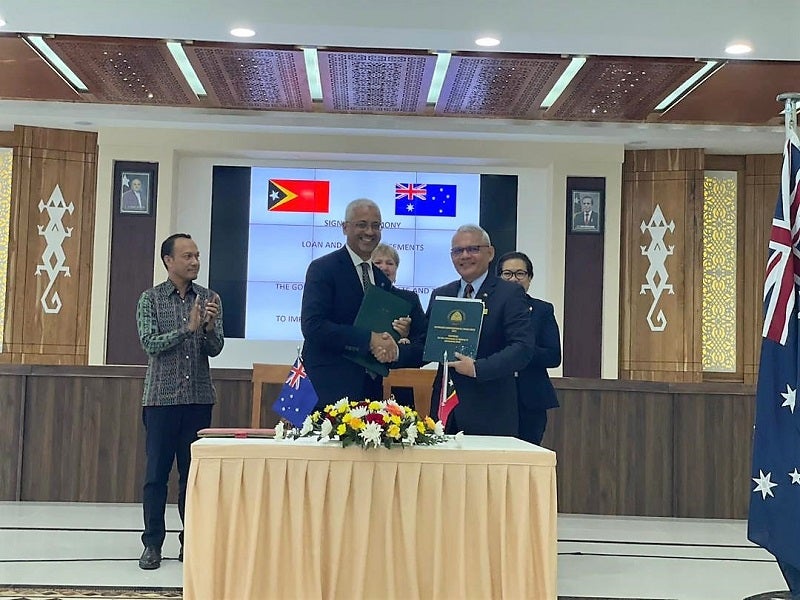The Government of Timor-Leste (GoTL) is redeveloping the Presidente Nicolau Lobato international airport (PNLIA).
The project will upgrade the airport runway to meet the International Civil Aviation Organization (ICAO) requirements and provide airport facilities conforming to the upgraded runway. The first stage of the proposed project is expected to commence operations in 2024.
The redevelopment aims to improve the safety of the airport and accommodate the future aviation needs of the country. The private sector will operate and maintain the airport upon completion of the redevelopment.
The project is expected to promote sustainable economic growth in Timor-Leste and create local employment opportunities. It will provide improved international connectivity, which will help the country to join the World Trade Organisation, the Association of Southeast Asian Nations (ASEAN) and other regional and global trade agreements.
Location
PNLIA is located in the Comoro area in Dili, Democratic Republic of Timor-Leste. It provides regular transport services to Darwin, Denpasar and Singapore.
Presidente Nicolau Lobato international airport redevelopment project details
The redevelopment project includes upgrades to the existing runway, including runway extension and widening and construction of a parallel taxiway and new apron.
The airport currently has a 1,850m-long runway and a pavement width of 30m. The runway can accommodate Code C aircraft such as B737 and A320 but with restrictions due to the short length. The runway also does not have ICAO-specified Runway End Safety Areas (RESA), which must be at least 90m long.
Airlines are forced to limit the number of passengers and adopt other measures to ensure safe operations and avoid penalties. The existing runway will be extended to 2,100m and widened to 45m. A taxiway connecting the runway and a 920m-long new parking apron will be developed.
The airport’s air traffic control tower is also in poor condition and does not meet the standard international requirements. A new air traffic control tower is planned to be built along with upgrades to the aerodrome ground lighting system and ancillary facilities.
A new two-storey passenger building spanning an area of 11,653m2 and equipped with upgraded equipment will be constructed to replace the existing building.
In addition, a new cargo terminal building, including an animal and plant quarantine facility, will be developed. The surrounding access roads and footpaths will be upgraded and the terminal carpark and drop-off zones will also be renewed.
Project phases
The proposed project will be carried out in three stages. Stage one will include upgrades to the runway and taxiways along with the development of the new air traffic control tower and aerodrome ground lighting system.
Stage two will include an extension of the runway from 2,100m to 2,500m, construction of a 172.5m-long and 15m-wide taxiway, a new apron and upgrades to the aeronautical lighting system.
Stage three will include the development of a 240m-long apron in compliance with RESA standards and further upgrades to the aeronautical lighting system.
Funding details
The Japan International Cooperation Agency (JICA) announced a ¥4,901m ($37.4m) grant aid for the project in February 2023.
Australia is providing a A$97.7m ($67m) concessional financing package for the redevelopment project. Announced in December 2022, the package includes a A$57.1m ($39.1m) loan and a A$32.7m ($22.4m) grant from the Australian Infrastructure Financing Facility for the Pacific (AIFFP) and A$7.9m ($5.4m) from the Department of Foreign Affairs and Trade’s bilateral programme.
The Asian Development Bank (ADB) provides a $135m loan under an agreement signed in October 2021 for stage one of the proposed project.
The Government of Timor-Leste is contributing $17.5m to fund the runway construction, resettlement plans and consulting services.
Contractors involved
Palladium, an advisory, management and implementation firm, undertook the feasibility study for the redevelopment project.
Palladium contracted Engineers Without Borders Australia (EWB), a non-profit organisation providing engineering solutions, to undertake the project site’s geotechnical investigation and topographic surveying.






